Selling a semi-trailer can be both a lucrative and complex endeavor. Understanding the market, identifying potential buyers, and effectively marketing your product are vital steps towards securing a successful sale. In this guide, we will explore various avenues for selling your semi-trailer, highlighting practical tips and considerations to maximize your profit.
Understanding the Semi-Trailer Market
Before diving into where to sell your semi-trailer, it is crucial to comprehend the nuances of the semi-trailer market. This sector is influenced by various factors, including:
- Market Demand: Fluctuations in the transportation industry can affect trailer prices. Seasonality, economic growth, and logistics trends are key indicators.
- Trailer Type and Condition: The type of semi-trailer (e.g., flatbed, refrigerated, or tank) and its condition significantly impact value.
- Geographical Location: Certain areas may have higher demand for specific trailer types, influencing potential selling prices.
Key Takeaways
- Assess the condition and type of your semi-trailer.
- Research market trends and seasonal demand.
- Consider regional demand when marketing.
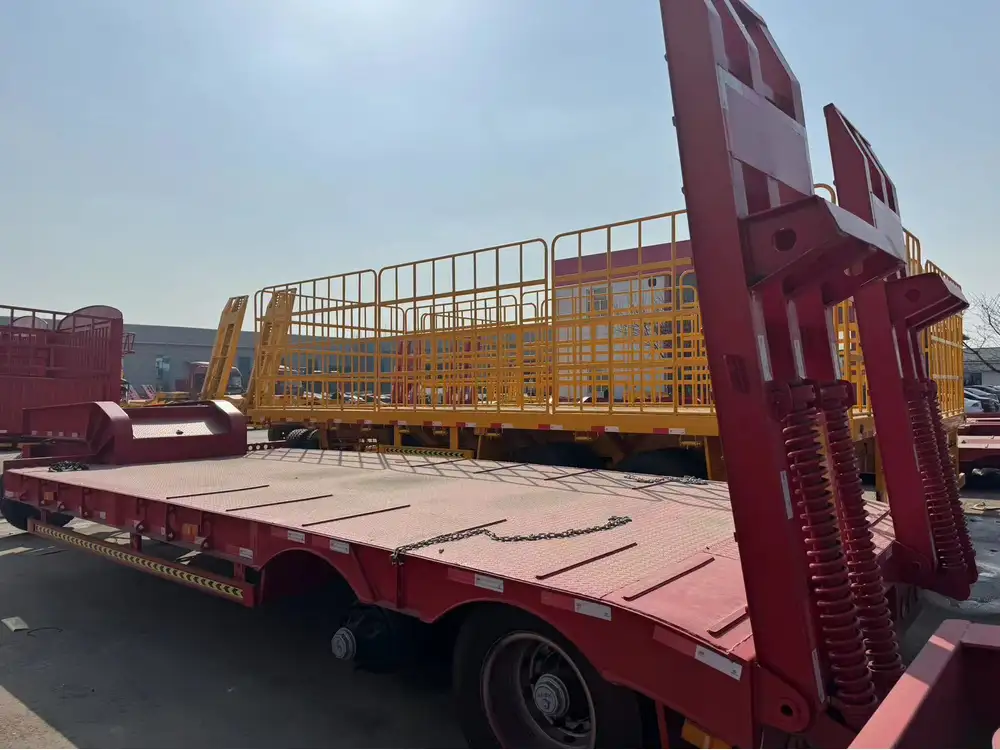
Where to Sell Your Semi-Trailer
There are multiple channels through which to sell a semi-trailer, each with its own set of advantages, challenges, and target audiences. Here’s a breakdown of the most effective avenues:
1. Online Marketplaces
Online platforms have revolutionized the way trailers are bought and sold.
Advantages:
- Accessibility: Reach a broad audience without geographical limitations.
- Cost-Effective: Often free or low listing fees.
- Convenience: Easy to create listings and manage inquiries.

Popular Platforms:
- eBay: Known for auctions and fixed-price listings. It attracts serious buyers.
- Truck Paper: A dedicated space for heavy-duty equipment including semi-trailers.
- Commercial Truck Trader: Specializes in truck-related listings.
Tips for Online Selling:
- Provide high-quality images from multiple angles.
- Write detailed descriptions including model, year, condition, maintenance history, and price.
- Set competitive pricing using market research.
2. Social Media Sales
Social media platforms are increasingly becoming viable marketplaces for selling semi-trailers.
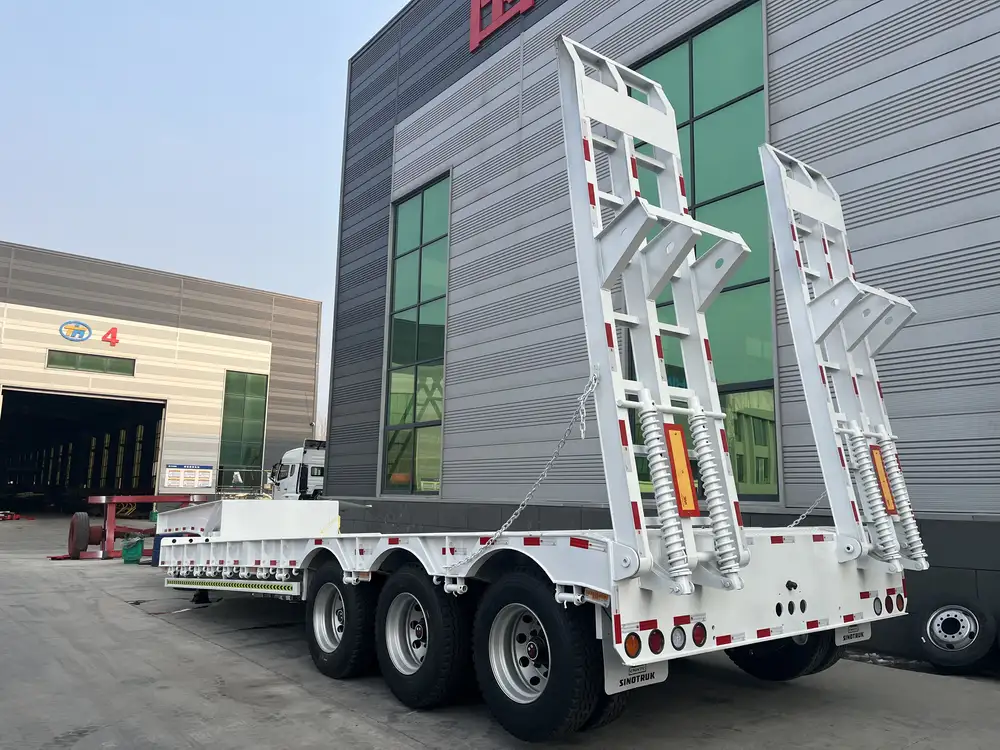
Key Platforms:
- Facebook Marketplace: Local selling option with a large user base. Engage with potential buyers in community groups.
- Instagram: Utilize appealing visuals and hashtags to attract attention.
- LinkedIn: Connect with industry professionals who might be interested in purchasing trailers for business needs.
Engaging Strategies:
- Use compelling visuals and videos demonstrating the trailer in action.
- Host live sales events or Q&A sessions about your trailer.
- Join and contribute to relevant groups for more visibility.
3. Local Dealerships
Engaging with local dealerships can simplify the selling process.

Advantages:
- Expertise: Dealers understand the market and can provide valuable insights on pricing.
- Immediate Offers: Dealerships can often provide quick cash offers.
- Trade-in Options: If you are looking to purchase another trailer, local dealers may offer trade-in options.
Considerations:
- Prepare for lower offers compared to private sales; dealers need margin for resale.
- Research and contact multiple dealers for the best offer.
4. Auction Sites
For those seeking a quick and potentially rewarding sale, auction sites may be the answer.
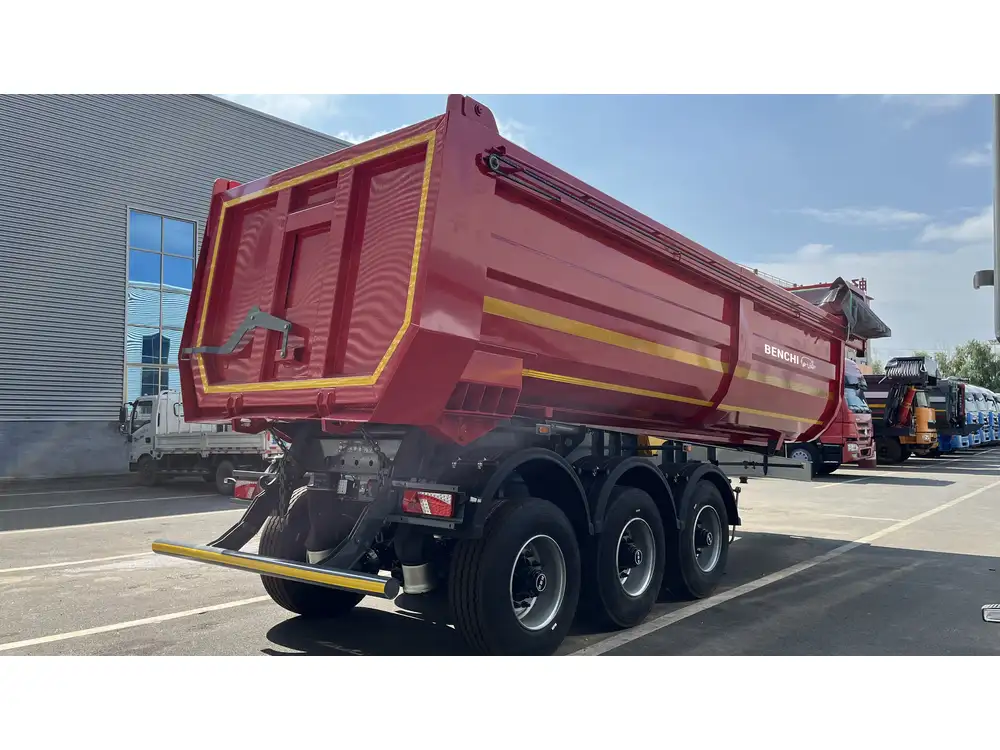
Benefits:
- Competitive Bidding: Potential for selling at a higher price through competitive bids.
- Targeted Audience: Attracts buyers specifically looking for trailers.
Popular Auction Sites:
- Ritchie Bros. Auctioneers: Renowned for heavy equipment and trailers; offers both online and live auction options.
- IronPlanet: Focus on heavy machinery and allows buyers to view equipment in-depth before bidding.
5. Industry Networking Events
Trade shows and industry-specific events are excellent venues for connecting with potential buyers.
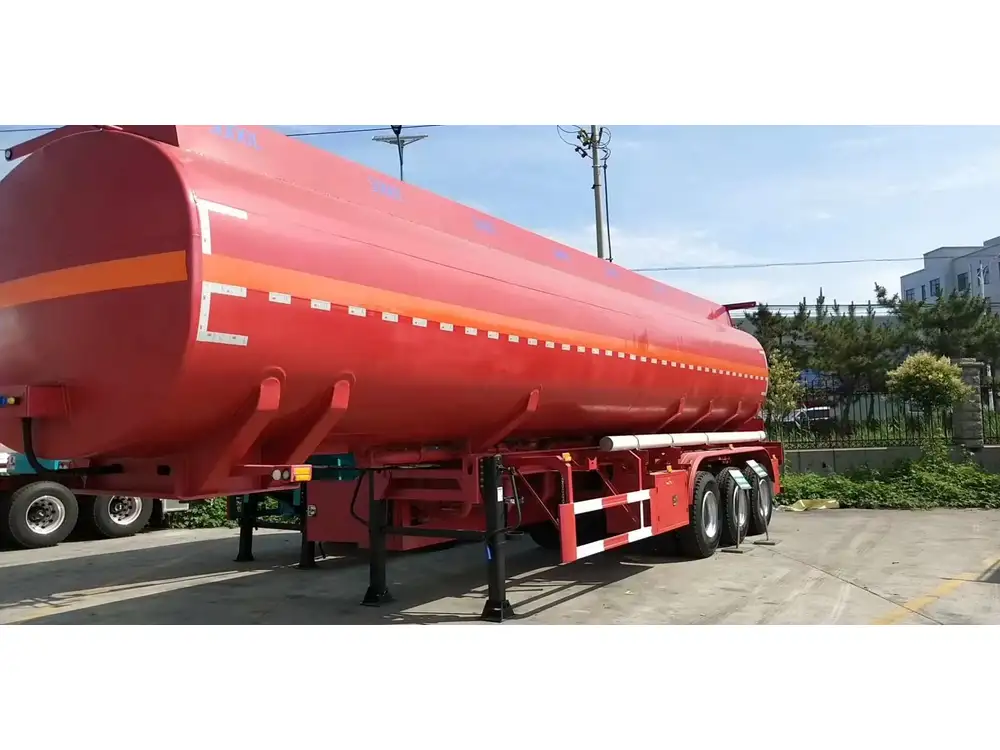
Why Attend?
- Direct Interaction: Meet face-to-face with interested parties.
- Showcase Your Trailer: Allow potential buyers to inspect your trailer firsthand.
- Build Relationships: Create long-lasting connections that might lead to future sales.
Notable Events:
- Great American Trucking Show: A premier event for the trucking community.
- Mid-America Trucking Show: Focused on trucking, logistics, and transportation.
6. Classified Ads
Traditional classified ads continue to be effective, particularly for local sales.

Options:
- Newspaper Classifieds: Local reach with established readerships.
- Craigslist: Offer local listings for free, attracting buyers within close proximity.
Tips for Classified Ads:
- Write clear, concise ads with essential details.
- Include contact information and be prompt in responding to inquiries.
7. Word of Mouth and Local Networks
Don’t underestimate the power of personal connections.
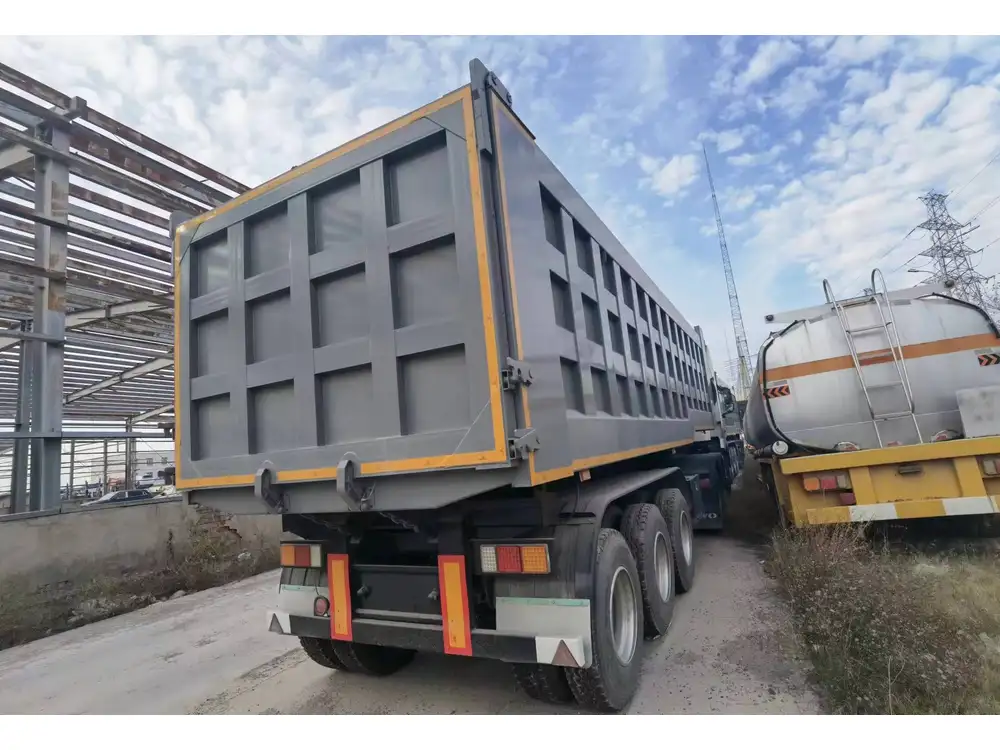
Strategies:
- Reach Out to Fleet Owners: They may be looking to purchase trailers in bulk.
- Engage with Logistics Companies: These businesses regularly need to update their fleets and could be interested in your trailer.
Comparative Table of Selling Channels
| Channel | Pros | Cons |
|---|---|---|
| Online Marketplaces | Broad reach, cost-effective | Competitive, requires good photos |
| Social Media | Engaging, visual appeal | Requires consistent updates |
| Local Dealerships | Expert pricing insights, quick sales | Typically lower offers |
| Auction Sites | Potential for higher sales price | Fees may apply |
| Industry Events | Direct buyer interaction, great networking | Often need to register and travel |
| Classified Ads | Local reach, straightforward process | Limited to local connections |
| Word of Mouth | Builds trust, local appeal | Relies on personal connections |
Selling Tips for Maximum Value
Achieving the best price for your semi-trailer involves strategic preparation and marketing. Here are essential tips to consider:
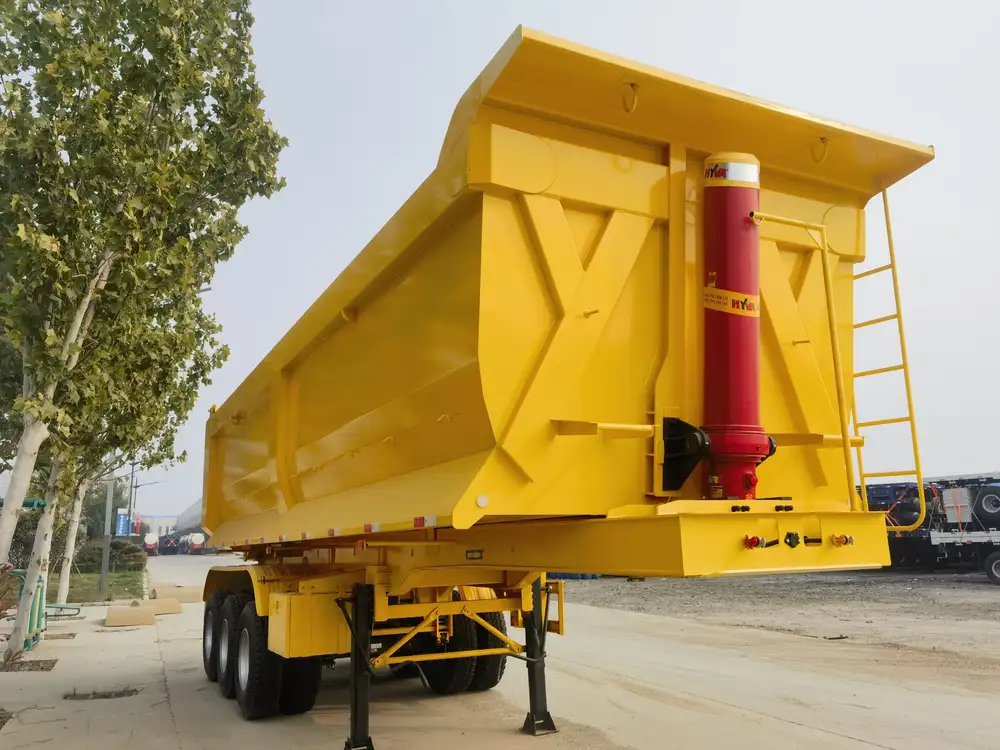
1. Thorough Inspection and Maintenance
Ensure your trailer is in excellent condition. Address any repairs needed, and perform routine maintenance. A well-maintained trailer is more attractive to buyers.
2. Document Everything
Providing comprehensive documentation helps buyers feel more confident in their purchase. This includes:
- Maintenance records
- Ownership history
- Any modifications made
3. Set Realistic Pricing
Conduct market research to determine a fair asking price. Use tools like Kelley Blue Book or similar resources specifically for trailers.
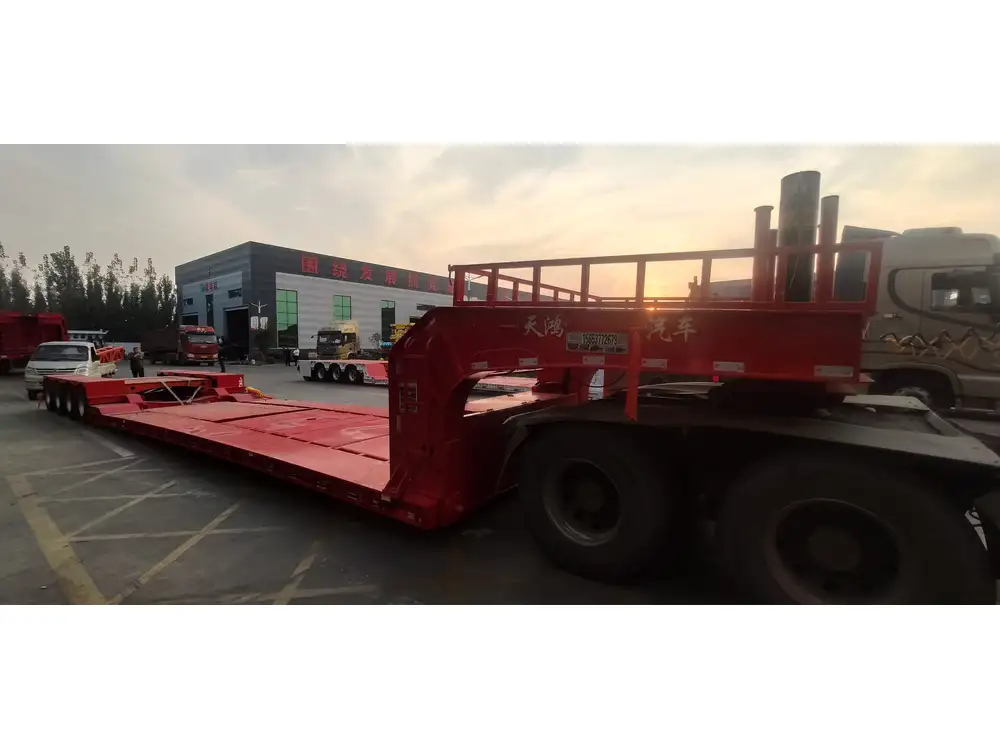
4. Craft a Compelling Listing
Utilize persuasive language that emphasizes the benefits and unique features of your semi-trailer. Share success stories or highlight its reliability in previous uses.
5. Consider Timing
Timing your sale can significantly influence your success. Consider selling during peak trucking seasons when demand is higher to achieve better prices.
6. Negotiate Wisely
Be prepared to negotiate. Understand the minimum price you’re willing to accept, and remain flexible to secure a sale.

Conclusion
Selling a semi-trailer can be a complex process, but with the right strategies in place, it can also be highly rewarding. By exploring various selling channels and employing effective marketing strategies, you can navigate the semi-trailer market with confidence. Whether you choose online marketplaces, social media, local dealerships, or auctions, each method offers unique advantages that can help you achieve the best possible sale. Take the time to prepare your trailer, understand your audience, and establish clear communication to facilitate a seamless selling experience.



